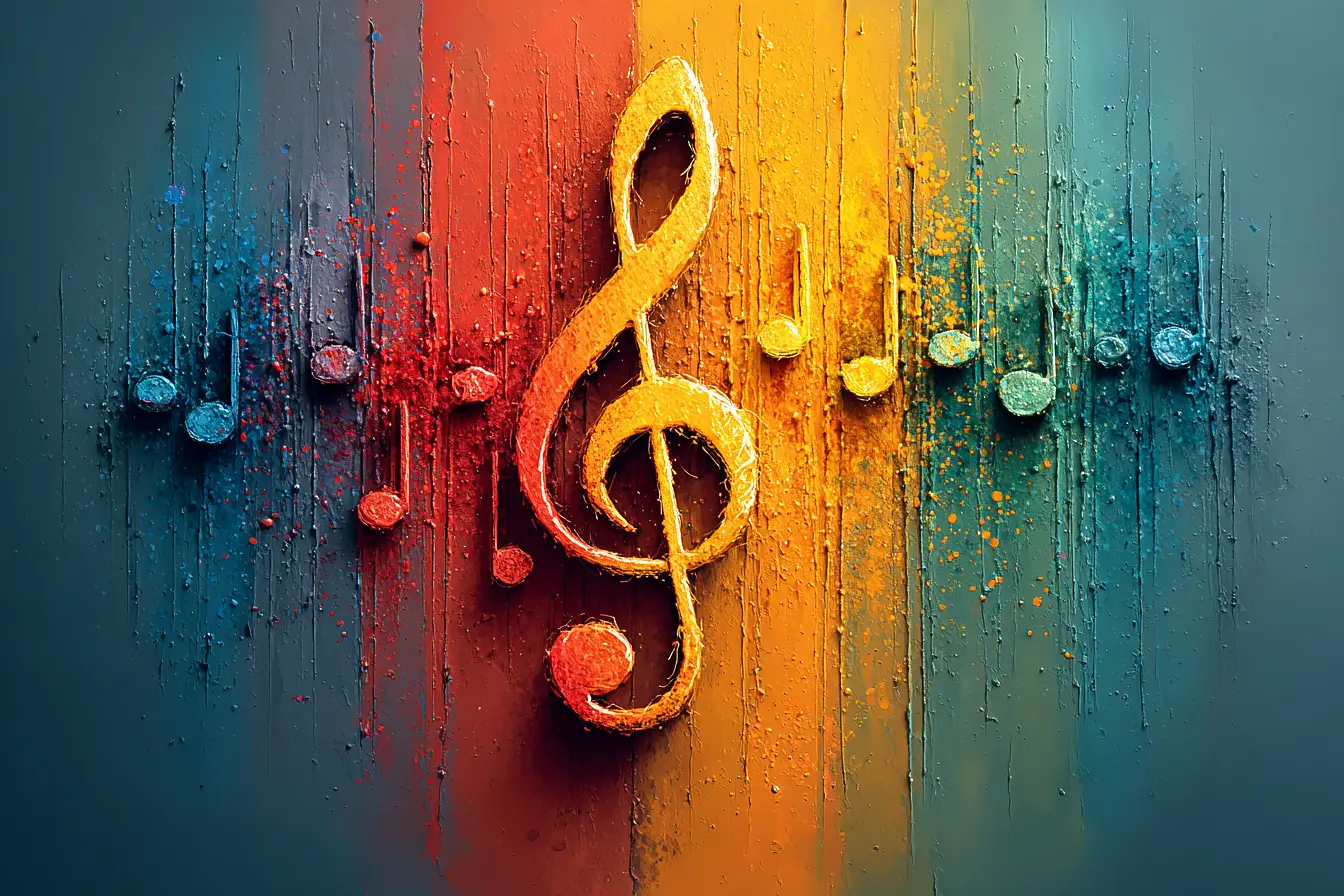The Soundtrack of Healing: How Music Supports Mental Health
You’re not imagining it—music really can change your mood. One minute you’re spiraling in overthinking mode, the next you’re crying in the car because that one lyric hit a little too close to home. (Looking at you, Phoebe Bridgers.)
Turns out, there’s a science to that.
The Science of Sound and Emotion
Research consistently shows that music engages nearly every part of our brain. When we listen to music:
- The nucleus accumbens releases dopamine, our “feel-good” neurotransmitter
- The amygdala processes emotional reactions
- The hippocampus activates memories associated with what we’re hearing
- The prefrontal cortex analyzes patterns and expectations in the music
This explains why that playlist from your high school years can transport you right back to specific moments, complete with all the emotions you felt then.
Why Music Therapy Works
Mental health professionals increasingly recognize music as a legitimate therapeutic tool. Music therapy can:
- Reduce anxiety and stress by lowering cortisol levels
- Improve mood by triggering dopamine release
- Provide emotional regulation by offering a safe outlet for difficult feelings
- Create connection through shared musical experiences
- Enhance mindfulness by encouraging present-moment awareness
At Undelulu, we’ve seen countless clients benefit from incorporating music into their mental health routines. One client shared: “My therapist suggested I create different playlists for different emotional states—one for when I need to calm down, one for when I need motivation, one for processing grief. It’s changed how I handle my emotions completely.”
Creating Your Healing Soundtrack
Not everyone needs formal music therapy to benefit from music’s healing properties. Here are some ways to harness the power of music for your mental wellbeing:
1. Create mood-specific playlists
Different situations call for different soundtracks. Consider creating:
- A calm-down playlist with slow, rhythmic music (60-80 BPM matches a resting heart rate)
- An energy-boosting playlist for motivation during difficult tasks
- A processing playlist for when you need to sit with difficult emotions
- A nostalgia playlist for reconnecting with your core self
2. Use music mindfully
Instead of always having music as background noise, set aside time to listen actively:
- Find a comfortable space
- Choose music intentionally
- Listen to the full song without distractions
- Notice physical sensations, emotions, and thoughts that arise
- Journal after listening if it brings up significant feelings
3. Explore music making
Creating music, even at a beginner level, offers profound mental health benefits:
- Learning an instrument improves cognitive function
- Drumming can release pent-up energy and frustration
- Singing releases endorphins and improves breath control
- Songwriting offers emotional catharsis
4. Connect through shared music experiences
Music can bridge gaps between people in powerful ways:
- Attend live music events to feel connected to a larger community
- Share meaningful songs with friends or family members
- Join community music groups, choirs, or drumming circles
- Create collaborative playlists with loved ones
When Music Brings Up Difficult Emotions
Sometimes a song hits too close to home, triggering intense emotions or memories. This is normal—music can access emotional states and memories that might otherwise stay buried.
If this happens, try:
- Acknowledging the emotion without judgment
- Sitting with the feeling rather than switching songs immediately
- Journaling about what came up for you
- Following up with comforting activities afterward
Coda (see what I did there?)
Your personal soundtrack can be one of your most accessible mental health tools. By thoughtfully incorporating music into your daily routine and emotional regulation practices, you can harness its natural healing properties.
Remember: there’s no “right” music for mental health. What matters is how the music makes you feel. Trust your instincts about what you need to hear.
With patience and playlists,
The Undelulu Team
 This blog post brought to you while vibing to Bang Your Drum by Dead Man Fall and Dog Days are Over by Florence + The Machine.
This blog post brought to you while vibing to Bang Your Drum by Dead Man Fall and Dog Days are Over by Florence + The Machine. 